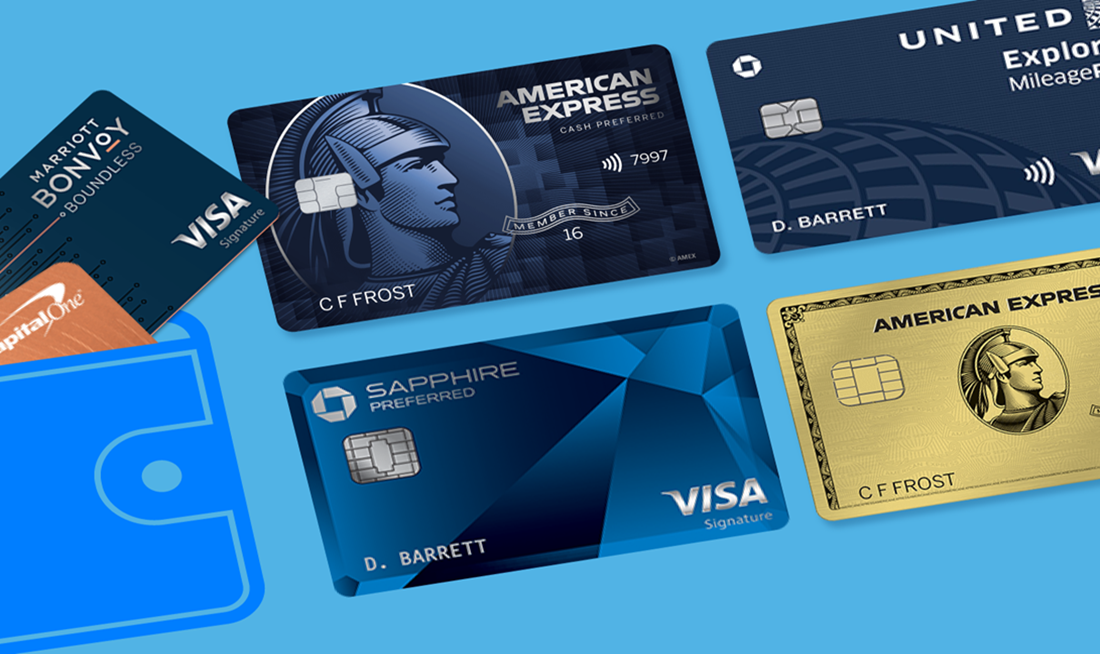Master Your Money With These Personal Finance Course
You’re not alone if you’ve ever been overburdened by bills, uncertain about how to manage your finances, or perplexed by investing and credit scores. Due to a lack of financial education, millions of people struggle with money management. Indeed, according to a recent National Financial Educators Council poll, almost one in five Americans lost more than $1,500 in a single year as a result of their ignorance of personal finance.
The good news? Beginning today, you have the power to alter your financial future. It’s now simpler than ever to take charge of your finances, pay off debt, accumulate wealth, and make wise financial decisions thanks to the abundance of online personal finance classes. Selecting the appropriate course for your objectives, learning preferences, and life stage is crucial.
In this post, we’ll explore the best types of personal finance courses for mastering budgeting, saving, investing, credit management, and financial independence. Whether you’re a student, a new parent, or planning for retirement, there’s a course out there that can empower you to make confident money moves.
Understanding the Basics
More than just a catchphrase, financial literacy is the cornerstone of a secure and stress-free existence. People frequently fall into pitfalls like high-interest debt, low credit ratings, or bad investment selections when they lack a firm grasp of how money works. You will learn the fundamentals in a quality personal finance course, including how to manage your spending, make a budget, and establish reasonable financial objectives.
These classes concentrate on habits and actions rather than just numbers. For example, a lot of students are shocked to hear that even minor everyday costs, such as $5 for coffee, can build up to hundreds of dollars every month. Additionally, financial jargon is broken down in the courses so that everyone can understand complex subjects like compound interest or annual percentage rate.
In short, learning about money empowers you to make better decisions, avoid financial pitfalls, and feel confident in your day-to-day life. Whether you take a free class from your local library or invest in a full online certification, the return on education is often well worth it
Best Courses for Budgeting and Expense Management
One of the most popular starting points for anyone diving into personal finance is learning how to budget. Budgeting courses help individuals understand where their money goes, how to cut unnecessary expenses, and how to prioritize needs over wants. These classes often include hands-on tools like spreadsheets, apps, or guided budget planners.
Take, for example, the “Budgeting 101” course offered by Udemy, which teaches students how to track every dollar, build a zero-based budget, and automate savings. Another great resource is Dave Ramsey’s Financial Peace University, which is rooted in the envelope budgeting method. These programs make the budgeting process less intimidating and more actionable.
In addition to basic tracking, some courses incorporate behavioral finance elements, helping users understand emotional spending, goal-setting, and accountability. These lessons are especially helpful for people living paycheck to paycheck or trying to dig their way out of consumer debt.
By the end of most budgeting courses, students feel more organized, in control, and optimistic about their financial journey. Budgeting is truly the first step to mastering your money, and these courses lay a rock-solid foundation.
Courses That Teach Smart Saving and Debt Elimination
Once you’ve mastered budgeting, the next challenge is learning how to save effectively and eliminate debt. Saving money isn’t just about putting spare change in a jar—it’s about building an emergency fund, planning for future goals, and avoiding the cycle of debt. That’s where targeted personal finance courses come in.
Courses like Khan Academy’s Personal Finance series provide free and accessible content on saving strategies, from setting up high-yield savings accounts to automating transfers. More advanced classes dive into debt management techniques like the debt avalanche or debt snowball methods, both of which are proven systems to pay off multiple debts efficiently.
A standout course in this area is “Money Management Essentials” by Coursera, created by the University of California, Irvine. This course emphasizes practical saving tips, creating sinking funds for predictable expenses, and understanding the impact of interest rates on long-term debt. It also walks students through real-life scenarios, helping them develop plans tailored to their personal income and expenses.
Many students who take saving and debt reduction courses report feeling an immediate sense of relief. With clear steps and financial tools in place, they can finally breathe a little easier and start looking ahead instead of behind.
Investing Courses for Beginners
Investing can seem daunting, especially for those who feel they don’t have enough money to get started or who think it’s only for “finance people.” But with the right course, anyone can learn how to build wealth through smart investments. These classes help break down complex topics like stocks, bonds, ETFs, and retirement accounts into digestible pieces.
One of the most popular beginner courses is “Investing for Beginners” by Morningstar, which teaches the fundamentals of building a diversified portfolio and explains common investment vehicles. Another favorite is “The Simple Path to Wealth” series by JL Collins, based on his popular blog and book. These courses demystify long-term investing and emphasize a low-cost, index fund approach.
Some classes also include modules on real estate investing, cryptocurrency, and sustainable (ESG) investing for those who want to explore different asset classes. The best courses encourage students to start small, stay consistent, and focus on long-term growth rather than short-term speculation.
As we covered in our article, the secret to financial freedom is diversifying your sources of income. Making your money work for you is what investing classes teach. Developing Credit and Comprehending Loans
Everything from your mortgage rate to whether you are accepted for a rental application depends on your credit score. However, a lot of people are unaware of the factors that truly impact their score or how to raise it. That vacuum is filled by credit education-focused personal finance courses.
Excellent credit courses, like Skillshare’s “Credit Mastery,” address subjects including how credit scores are determined, how to correct mistakes on your credit report, and how to use credit cards sensibly. Additionally, they go over how to establish credit from beginning, particularly for young folks, foreigners, or people getting over financial difficulties.
Armed with this knowledge, students can confidently negotiate better rates, manage payments, and ultimately improve their financial health. In a world where credit often determines opportunity, this type of education is crucial
Courses Focused on Financial Independence and Wealth Building
For those looking to go beyond the basics, there are advanced personal finance courses focused on wealth building, retirement planning, and financial independence—often associated with the FIRE movement (Financial Independence, Retire Early).
These courses go deeper into strategies like maximizing retirement contributions, minimizing taxes, optimizing investment returns, and planning for early retirement. Popular examples include ChooseFI’s Financial Independence Bootcamp and Mr. Money Mustache’s online guides, both of which promote a frugal, intentional lifestyle that leads to long-term wealth.
Many courses in this category also emphasize lifestyle design, encouraging students to think about what they truly want from life and how money can help them get there. This mindset shift is often just as powerful as the financial tactics themselves.
Real-world success stories from FIRE followers often inspire students to rethink their spending, set ambitious goals, and take concrete steps toward building a financially secure and fulfilling life.
Conclusion
Personal finance education isn’t just for accountants or economists—it’s for everyone. No matter your age, income level, or financial background, learning how to manage your money can change your life. The right personal finance course will not only teach you how to budget or save but also give you the confidence to make smarter decisions about credit, debt, investing, and long-term planning.
We’ve covered a range of personal finance courses that suit different needs—from basic budgeting to building wealth and retiring early. These courses are designed to be practical, engaging, and actionable. If you’re ready to stop stressing about money and start building the financial future you deserve, there’s no better time to begin than now.




How to Find Cheap SR22 Insurance After a DUI « Student Teacher Location
May 21, 2025[…] Master Your Money With These Personal Finance Courses […]